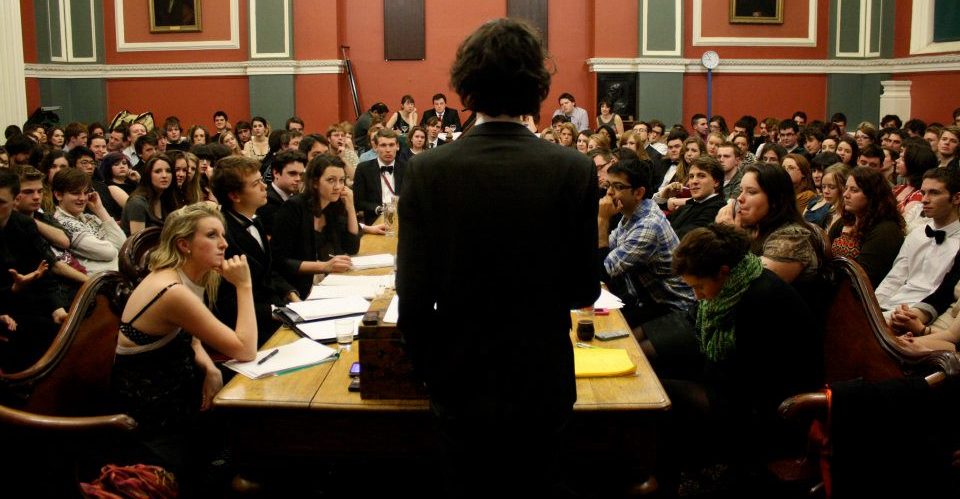Power dynamics between students and teachers have shifted dramatically in recent years. Take the case of SOAS’ Adam Habib, the South African-born academic who was appointed director of the London university last January. In a meeting with students a few weeks ago, Habib was asked how sincere SOAS’ commitment to the Black Lives Matter movement was. One student was concerned that some academics continued to use racial slurs, including the N-word, in the classroom. In answering their question Habib then used the N-word.
What followed was predictable. The student body was outraged. Edited videos made the incident look worse than it was. “We do not care or want an apology,” read the SOAS Union response, “we are calling for Adam Habib’s dismissal in 31 days.” The inevitable change.org petition against the Professor appeared, and has 5,794 signatories at the time of writing.
Habib, a mixed-race man who is not exactly allergic to social justice ideology, was suspended from his position, pending investigation.
There will be more — many more — incidents like this in the future. The cancellation of academics by their own students has become a moral panic, with commentators on the Left and Right downplaying and misinterpreting the problem, respectively. Still, it is completely disingenuous to argue, as many do, that this phenomenon is not real. One female academic, who asked to remain anonymous out of fear for her livelihood, described her decision to remain silent on gender issues as being down to “hostility from students.” Students feel “emboldened to act” she told me, knowing that all it takes is the public shaming of one academic to coerce their colleagues into silence.
What makes our students unique — unlike say, the Red Guards during Mao’s cultural revolution — is their ability to silence their enemies without using physical violence. This has more to do with economics than anything else. The reforms of the Blair government opened the door for higher education marketisation, universities have cut back dramatically their spending on teaching staff — the UCU reports that 49% of all academic teaching staff are on insecure contracts. At the same time, the attraction of new students has become a top priority, with institutions relying on government-backed tuition loans to stay afloat.
With the market being so heavily biased towards student-consumers, it is no surprise that academics who once took the support of their employers for granted are being left in the cold. While universities like Oxford can afford to employ lecturers like Selina Todd without fear of financial sanction, more financially precarious organisations are more vulnerable to the whims of their students.
Maybe that’s why — as the Free Speech Union revealed recently — universities are using enhanced Disclosure and Barring (DBS) checks to see whether prospective employees have committed any ‘Non-Crime Hate Incidents’. (This is such a vague charge that it could include a light-hearted joke on social media.) University employers have more powers than ever to vet their workers for potential wrongthink. This shutting out of talented but potentially controversial staff by management will ultimately have a more corrosive effect on debate than student organised deplatformings.
Habib’s suspension is a cautionary tale for those who profess to worry about free speech. Until the higher education system undergoes major reform, he is unlikely to be the last.











Join the discussion
Join like minded readers that support our journalism by becoming a paid subscriber
To join the discussion in the comments, become a paid subscriber.
Join like minded readers that support our journalism, read unlimited articles and enjoy other subscriber-only benefits.
Subscribe